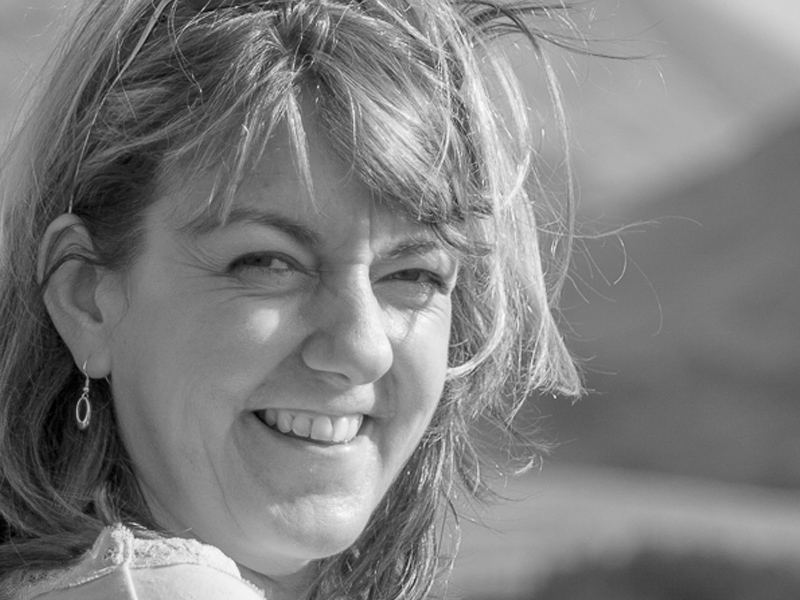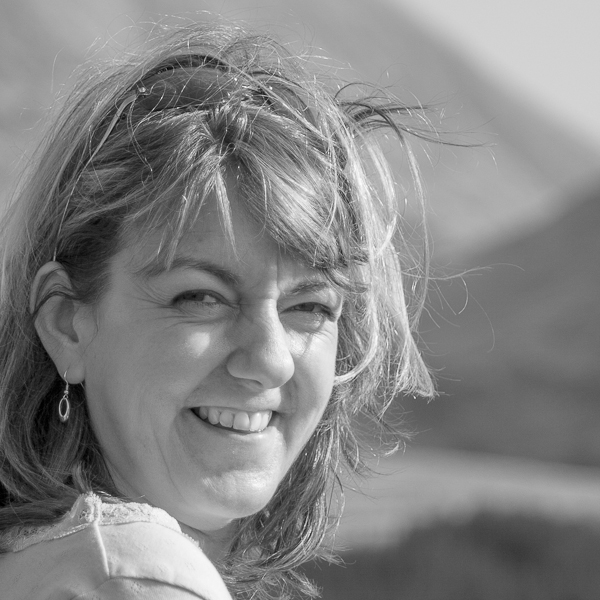Twitter is certainly a phenomenon. It has appeared as if from nowhere and people seem to love it or scorn it. 140 characters per message only. Is it a gimmick that will fade as quickly as it emerged? Or has it filled a niche and become an indispensable feature of our online lives? In particular, for us as photographers, is it a useful tool? Or a waste of time? If we are running a business does it provide tangible benefits or is it a distraction that consumes time we could spend making our living more effectively elsewhere?
I was a sceptic but am now committed to Twitter. It has its drawbacks but I believe it has quickly become a vital tool in my social networking system.
For those of you who haven’t been on Twitter and wonder what it is all about, here is a brief description. You create a free account and sign in. You are presented with a text input box in which you can type anything you want – the question beside it asks ‘Whats Happening?’. So you type something, within the constraint of 140 characters (and spaces count as a character – you soon learn to be very concise). Press’Tweet’ and your message is launched.
But who is going to read it? At this stage, no one. You have no friends, no ‘followers’. I guess some brave souls tweet away and hope someone will stumble on their tweets and decide to follow them. However, the best way to get followers is to follow others. Twitter will analyse what you tweet and suggest like minded people who you may wish to follow. You can read what they tweet and decide if it is of benefit for you to follow them. From the people you follow, Twitter will suggest more people you may be interested in. You can also see who people you follow are following and some of these you may decide it is beneficial for you to follow.
What happens when you follow someone. Simply put, their tweets will appear on your home page in chronological order. The most recent will always be at the top. Your list of tweets will be a unique combination of all the tweets of everyone you follow. It is unlikely anyone else on the planet will have an identical list to you – they would have to be following exactly the same people as you.
If one of your contacts says something you feel your contacts would be interested in you can ’retweet’ it with a click of the mouse and their tweet will be sent to all of your contacts. In the same way you can reply to a tweet if you feel you have something to say in response to it.
Tweets can contain links to useful or interesting web pages or images. Or, they can be just text. Its up to you. Long URL’s you want to tweet can be shortened by websites which convert them into ‘tiny URL’s’ to save characters.
You do have to be aware that every tweet you make is visible to the World and all of your contacts will see it and be able to read it. The exception is if you send a private message to one of your contacts.
Your followers can send you private messages and you are informed of these in your email inbox. You also get an email each time a new person follows you, giving you the chance to check what they are saying on Twitter to see if you wish to follow them back. Here I add a note of caution. You will soon get bizarre people following you… who obviously have no intention of ever reading what you write because they are following thousands of people. They couldn’t possibly be interested in what you are saying. What they want is for you to follow them and read what THEY are saying. Most are online marketeers or people promoting their own businesses and products. I do not follow anyone who has an unmanageable amount of contacts. I believe Twitter should be a two way thing. The only exceptions I make are one or two ‘celebrities’ who do say interesting or funny things and will obviously have thousands of followers but what they say is of value to me in one way or another, so I make an exception. I follow about a quarter of the people who follow me. If you want me to follow you, then you have to be saying things that are interesting, useful, humorous and so on (and I don’t follow anyone who uses foul language or tells off-colour jokes).
Now we come to its benefits for us as photographers. As with many forms of Social Networking, Twitter has given us the ability to be put in direct contact with many like minded people. Ordinary photographers, many of whom have a vast knowledge of equipment, techniques and contacts. I have tweeted brief questions and within seconds got back the answer from contacts. I also try and respond to the questions of others (I get mad with people in Social Networking who are only on the take – it should be a two way thing – photographers I follow who only post stuff about what they are doing and images they are uploading and so on soon get deleted from my list of contacts. I don’t want to hear just what a great guy you are – -I want to interact with you.)
I do get business from my contacts. I may post about a space on a workshop and get a booking as a result which is a real benefit to my business, but it also means my customers can contact me for advice or just to tell me what they have been doing since we met and because of the 140 character limit it has to be brief and to the point. It is often so much quicker than email.
I have linked my Facebook account to my Twitter feed so when I upload something on Facebook a tweet with a link to it appears in Twitter. Now Twitter is becoming a dynamic part of my social networking system. If a follower clicks that link they go to my Facebook stream and now they don’t see other peoples tweets, they are focused on my stream alone and this may lead them to clicking a link to my website and now they are purely focused on my work and from here they may link to my blog and start reading stuff I have put up. Twitter, in this way, has become an essential tool in social networking.
As with all social networking it can become a time waster. If you have too many contacts you can spend hours every day following everyones tweets, checking all the Facebook friends streams, commenting on all your contacts Flickr uploads, processing emails, reading and writing blogs, recording podcasts and listening to those of others and so on. It can become all consuming and thats before you have searched for bargains on EBay! Very soon you will get no work done. YOu have to be disciplined and apportion a sensible amount of time to social networking – enough to give real benefit to your customers and friends and enough to derive benefit yourself, but not so much that your business or life suffers. It is just a matter of self control.
I quickly came to see Twitter as indispensable. I love how quick it is and how it puts you in direct contact with great photographers who soon form a part of your network. Most of the guys and girl photographers on Twitter are genuinely friendly and keen to help. It enables us to interact with people we would never have had chance to contact 15 years ago. Imagine being a budding landscape photographer in the 1960’s, 70’s or 80’s. We would have had no chance to talk to Charlie Waite, Joe Cornish or other greats. Their equivalents today are on Twitter, Flickr and Facebook and we can. We can ask them questions, get their feedback and perhaps even help them (they are human too). This has enormous and real value.
So, I don’t think Twitter is a waste of time (but it could be – thats down to you) and I do see real benefit to my business in Twitter. I also have learned a huge amount from the help of my contacts on Twitter and hopefully have been able to help others too. I recommend you check it out and make up your own mind.



